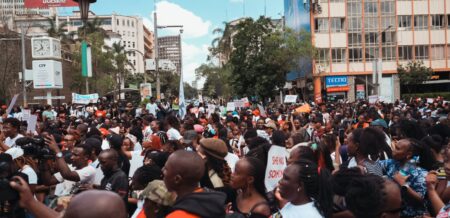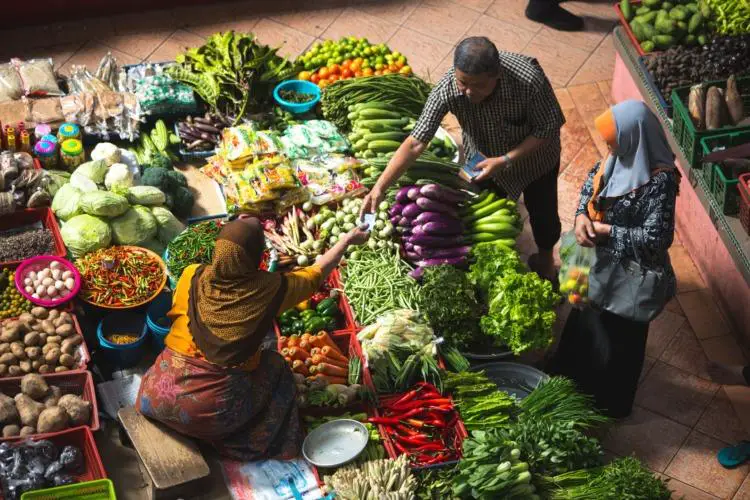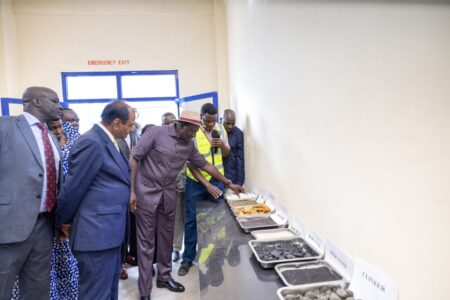- Nairobi is the undisputed economic and social capital of Sub Saharan Africa (outside of South Africa)
- Nairobi has attracted big business as the hub of the East and Central Africa regions
- Nairobi is poised to even take more of trade and investments
Nairobi is the undisputed economic and social capital of Sub Saharan Africa (outside of South Africa).
The city has grown from the tiny railway settlement characterized by swamps, herders and wildlife to a cosmopolitan city where even foreigners from the advanced cities like London, New York and Tokyo feel at home.
Historian Jan Hemsing, in her 2004 book, Nairobi’s Norfolk Hotel: The First Hundred Years described Nairobi of 1895 as “chock-full of croaking frogs that kept the town busy as they croaked in unison, while behind it was a barren, open land, where hippos gnarled at the Nairobi River.”
Read: Kenya: Investors, infrastructure and credit boost Nairobi land prices
Then civilization crawled in unabated, from a little population of a few hundred to the current 3 million at night, and double that during the day. With the population rising, new problems arose.
Nairobi has attracted big business as the hub of the East and Central Africa region. Most of the FDI coming to Africa lands in Nairobi first before going to other cities in the region. It has one of the most active stock exchanges in Africa and has a very active international node for ICT and related technologies.
With all this, Nairobi is poised to even take more of trade and investments. However, few things have slowed down how the city responds to investments.
We look at a few tweaks that the City can do to change its fortune forever.
- Overhaul of the city’s transport system
The transport situation in Nairobi is crazy only comparable to buzzing cities like New Dehli and Rio De Janeiro. A report from an online site numbeo.com listed Nairobi as the second-worst city in terms of traffic, slightly behind Calcutta.
On a good day, one can spend at least three hours on the road and total gridlocks are not a strange phenomenon. Hours spent on traffic in Nairobi rob thousands of dollars to the economy every day. A World Bank report in 2016 put the daily loss to traffic snarl-ups to Ksh 80 Million per day due to productivity losses. This is a huge amount for an economy struggling to get a lift.

Nairobi needs a few changes in transport. First of all, the Central Business District should be free of Matatus. This means of transport is as old as independent Kenya and on a good day, ferries 80 per cent of Nairobi dwellers. It also racks millions in income both for individuals as well as taxes. However, the industry makes the city lose more than it makes.
Matatus are known for breaking all transport rules including double parking, blocking lanes and sometimes harbouring criminals. It costs even more money to position policemen and county government officers to reinforce discipline.
Read: New development targeting diplomats to come up in Nairobi
Trams and light rails have always been mooted. However, the cost and time for this have made the idea be delayed. Creating circular high capacity-bus trips commonly known as Bus Rapid Transport (BRT) system in key roads around the CBD and fed by well-positioned termini from the estates will ensure that there is a consistent flow of people to the city without the matatus clogging the road.
For example, an outbound route can start at Nairobi’s Moi Avenue, head to Ngara and Murang’a road, take a turn at Wangari Maathai road, to Museum Hill, Uhuru Highway, Haile Selassie Avenue and terminate at Moi Avenue. Another set of high capacity buses should use the same route but in the reverse. On the eastern route, buses commence from the Central Bus Station to Race Course Road, Park Road, Murang’a road, Ngara and back to CBD through Tom Mboya street. These charges a minimum fare in order to be affordable to all.
Matatus would use termini on the outside of the ring. These include those plying the rural routes.
And who runs these high capacity buses? Matatu Saccos which bid and a deemed to qualify to run a route for a period of a year. The qualification includes capacity, discipline and efficiency.
2. Modernization of Jomo Kenyatta International Airport and opening new routes
Jomo Kenyatta International Airport is in the heart of international travel in Kenya.
Recent achievements of getting US nod as well as connecting to major global cities makes it a huge hub. From Nairobi, one can fly to New York, London, Berlin, Beijing, Amsterdam, Rome, Cape Town, Dubai, Doha and multiple locations in Africa. This makes it one of the major hubs in Africa and only competes with the magnificent Oliver Tambo International Airport, Bole in Addis Ababa as well as Arabian Doha, Dubai and Istanbul.

Kenya Airways has applied to run the JKIA hub in order to increase its influence in the region. Secondly, with Kenya Airways flying to New York as the only direct flight, Nairobi is bound to be busier as connecting flights increase. The success of the New York route will be determined by how JKIA becomes a connecting hub for flights from other African destinations.
JKIA requires multiple runways. In instances of blockage of one runway, JKIA’s operations halt to zero. International hubs. Oliver Tambo International Airport in Johannesburg has several runways as well as Murtala Muhammed International Airport in Lagos.
If JKIA was to expand and have multiple runways, will attract more airlines as well as new destinations.
3. Reduced tolerance to corruption
Kenya has always featured in the lists of the global most corrupt. From Goldenberg to NYS Scandals, Kenyans have seen massive rip-offs from government and private entities. Corruption has led to many issues going really bad. For example, corruption has allowed poor road construction, houses that are built without plans, encroachment on road reserves and rivers, poor services in hospitals as well loss of jobs and opportunities.
President Uhuru Kenyatta has previously declared war on corruption and has gone on to push for the prosecution of key cases of corruption. This has included both suspects in the government and private sector.
The private sector mainly Kenya Private Sector Alliance has agreed to participate in the war on graft among its members.
If Kenya was to progress beyond the current growth, the levels of tolerance for corruption needs to go lower. For countries keen on progressing, graft levels should really go down to allow healthy infrastructure, over the board investment deals and healthy competition.
As a matter of fact, just as Nairobi controls the giant share of business, trade and economy- after all, this is the biggest city in East and Central Africa- the city also controls the biggest share of corruption in the country.
Nairobi’s buzzing economy, -often compared to top cities across the continent- is superimposed with under dealings that for years has left the country weighing heavily on corruption.
4. Physical planning
Global cities are made up of interrelated boroughs which ensure that residents of one area can get all their services in their area without needing to go to the main centre. Nairobi on the contrary is centred around the CBD meaning every person has to access major services in the city centre.

Most foreign companies are based in Westlands and Kilimani due to the fact that these districts have all the services they need within a small region. This removes the need for commuting through CBD.
More need to achieve such status. Nairobi‘s Upperhill is one of the most expensive regions in Africa. However, the area is deserted at night making it not so ideal to be an independent district.
However, with the coming up of the Pinnacle tower, an exquisite mixed-use development and the tallest building in Africa, there will be a change as this will have both residential, offices, hotels and other mixed uses.










